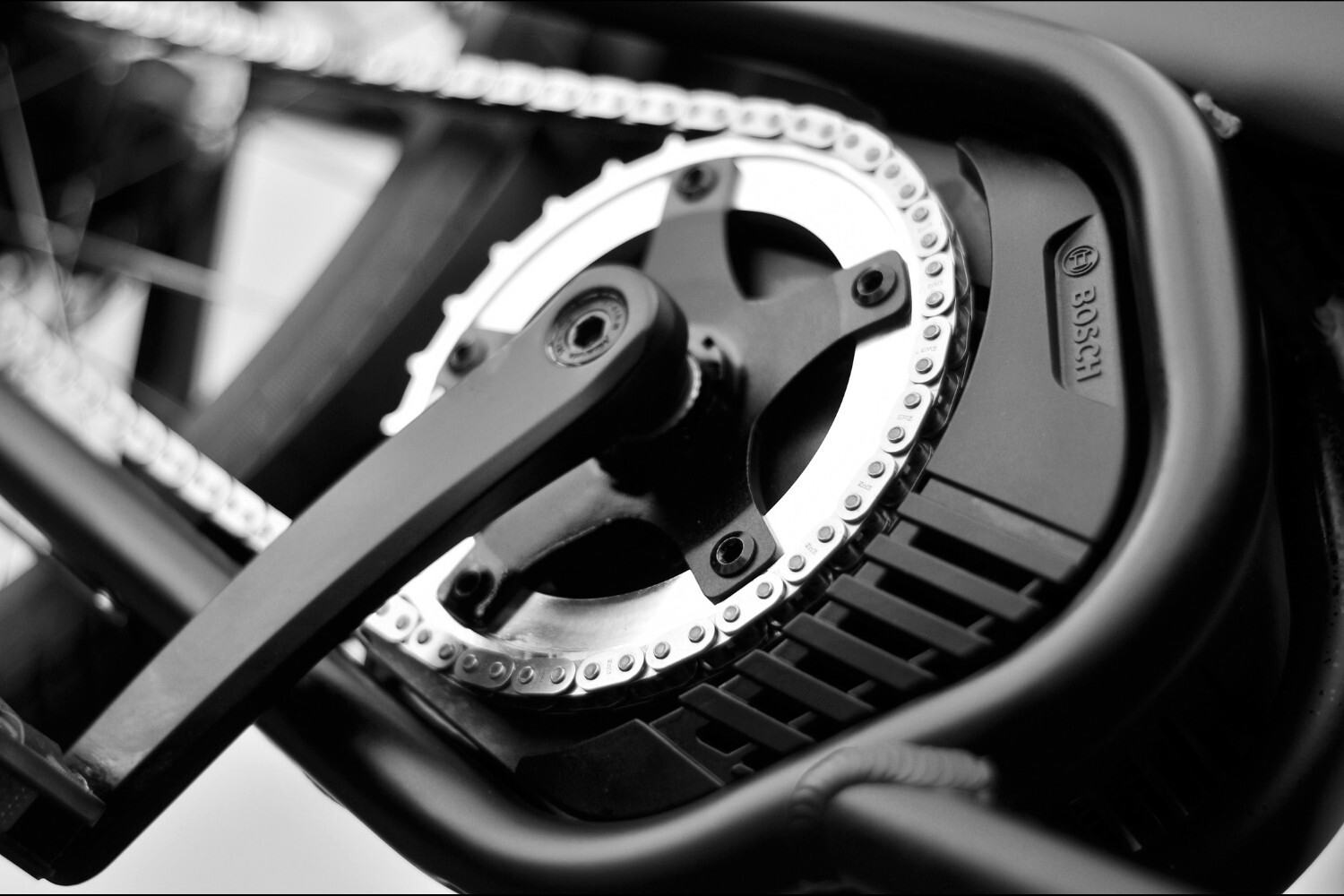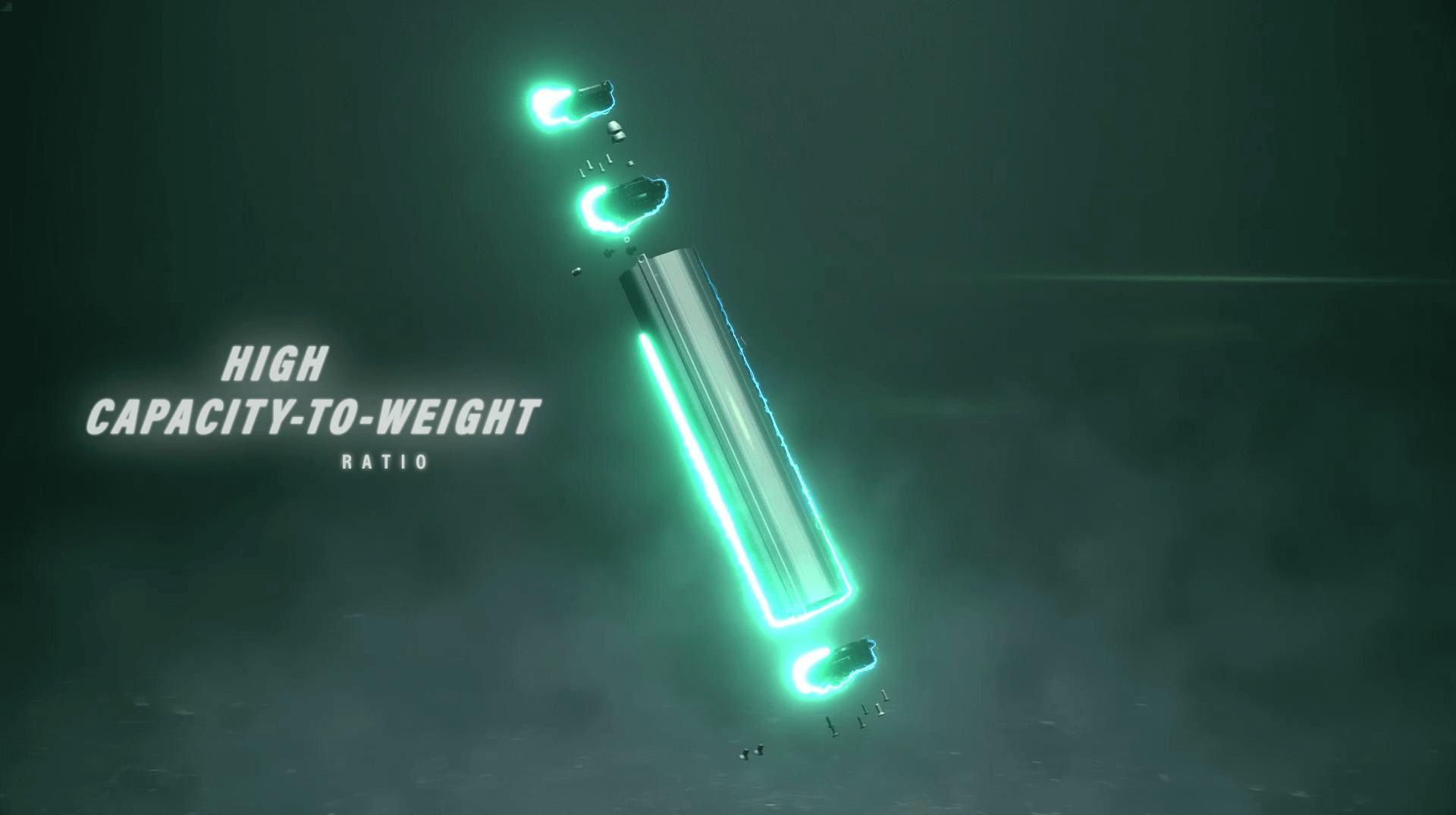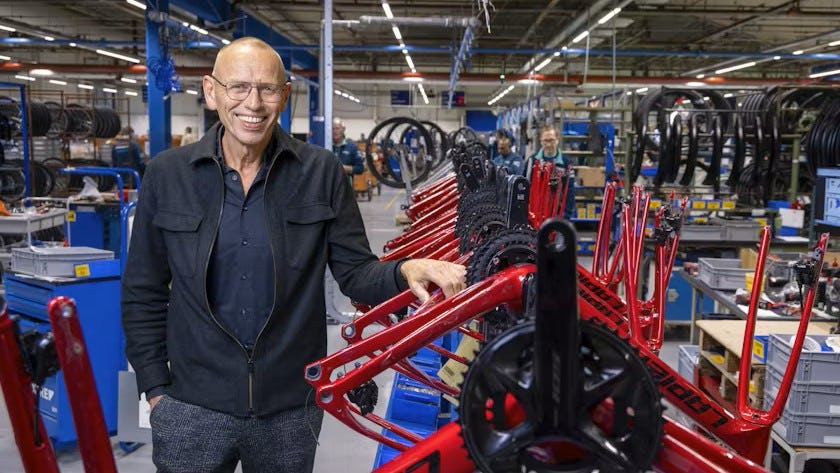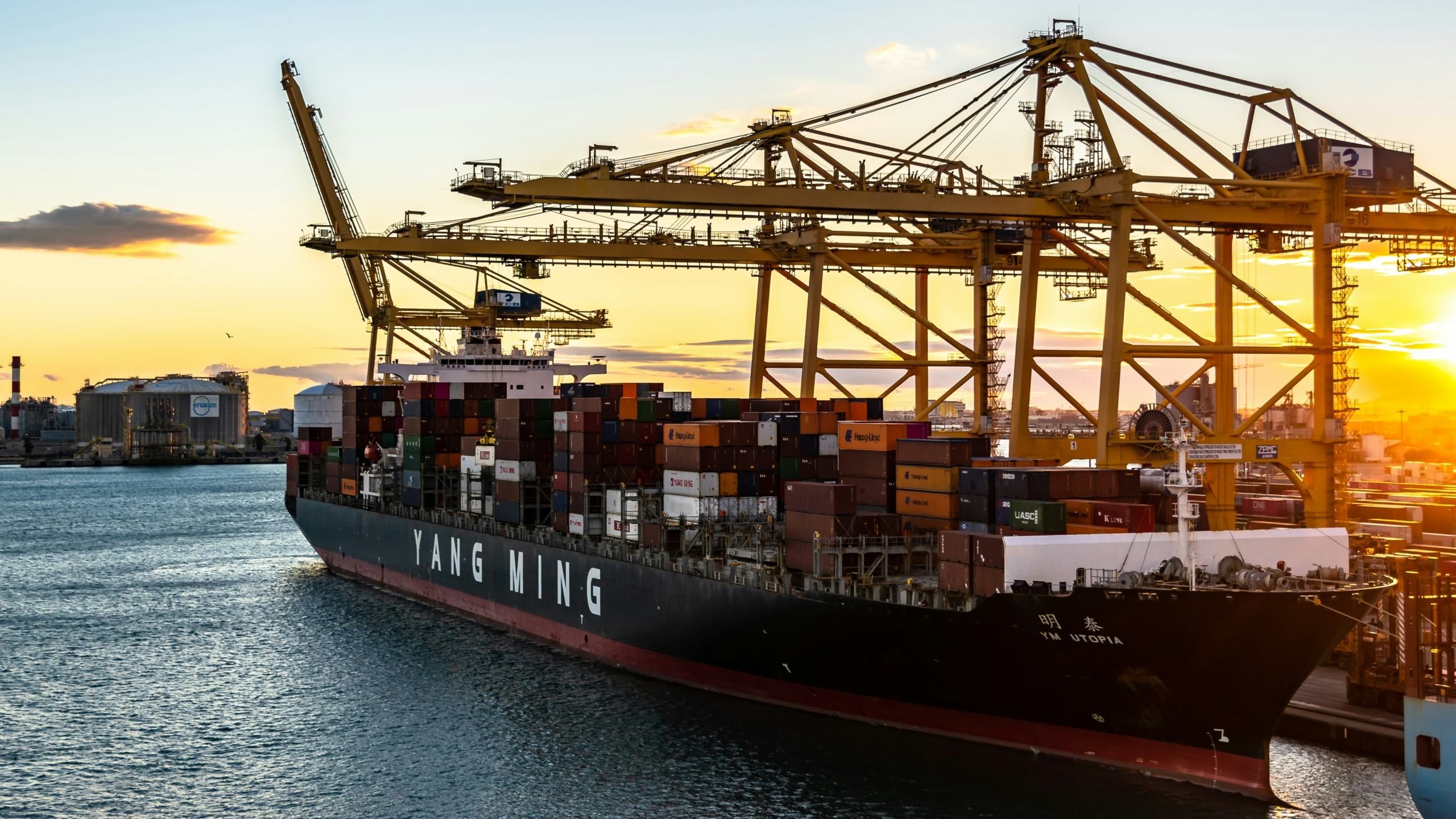Imagine a cargo bike gets sent out with an urgent delivery and all of a sudden, a broken chain brings it to a halt. British company New Motion Labs has developed a new sprocket technology that could potentially prevent such pitfalls by making conventional chain drives last 3.5 times longer. The patented Enduo Tooth Geometry (ETG) and Dual Engagement Technology (DET) offer a simple solution for cyclists and businesses managing large fleets.
Marcel Fowler, Lucas Lobmeyer and Josh Palmer founded NML in 2018 after realising that there had not been any fundamental changes made to a bike’s sprocket design despite considerable other developments in chain technology.
Christoph Hesterberg, who previously worked as an export manager for Ergotec and is now head of Enduo Mobility, explains, "Many chain manufacturers focus on improving the chain by using stronger or thicker materials which increases the cost, but nobody ever thought to look at the sprocket. And that was the genius moment that changed everything."

In fact, it is the traditional sprocket tooth geometry that is the cause of rapid chain deterioration, especially in e-bikes and e-cargo bikes that endure heavy loads. In 2022, the company launched Enduo Track for track racing and Enduo Cargo for high-end cargo bikes, and more recently in 2024, Enduo Ride for all other bicycles.
“When we started the project, we were actually looking at how to make high speed racing bikes more efficient, so whilst we achieved an improvement of around 1-2%, what we actually found was that this efficiency had a massive effect on the lifespan of components.” says Lobmeyer, Head of Operations.
This is especially important when we think about Total Cost of Ownership (TCO). With increasing B2B applications such as commercial cargo and delivery bikes, conventional drive systems come with huge financial losses in terms of maintenance and service costs, for example, missed deliveries and the effect that has on Google ratings.But it is also counterproductive for the B2C sector, particularly for those who have chosen to lower their carbon footprint by trading in their vehicles for more sustainable options- only to find that they cannot commute because of a worn-out chain drive.
Testing for quality
The company has collaborated with universities in Bath, Newcastle and Stuttgart, as well as various courier operators and service providers to undergo vigorous testing of their robust Enduo sprocket. They have also worked with Iwis, a leading industrial chains company in Germany, to test their technology independently.
"We’ve tested Enduo in tough day-to-day situations and found that where conventional chain drives would normally come to an end after about 8-10,000 kilometres, our technology surpasses that mileage at significantly lower costs. It not only lasts longer than a belt, but it is much easier and cheaper to maintain," says Lobmeyer.
The company is also currently carrying out an endurance test of their Enduo Cargo system with Absolute Couriers, part of DPD UK. Their bikes have been running for more than 26 months now and have already reached over 30,000 kilometres with one chain and sprocket set.
Ensuring sustainable production
New Motion Labs have worked extensively to streamline processes and place great emphasis on producing quality products.
In fact, they deliberately chose production partners in Europe rather than Asia to ensure a low carbon footprint. All chainrings are made of 100% recyclable steel with 100% recycled and recyclable packaging that is free from plastics and metals.

Strategically positioned in the heart of Europe with the development team based in the UK, sales and services in Germany and their quality control warehouses in the Netherlands, the company can serve markets in both the Benelux and DACH regions as well as the rest of Europe.
They use state-of-the-art imaging software to ensure that all parts leaving the factory are 100% checked for precision, and the company is currently in the process of obtaining the ISO9001, ISO45001 and ISO14001 certifications.
Since March, they have also been offering training courses on how to fit their Enduo Cargo or Enduo Ride systems and will be extending this service to dealers in the near future.
Licensing the design
In addition to the bicycle sector, the patented sprocket technology is also being licensed to different industries including the food, agriculture and motorbike sectors under the brand Enduo Industry.
"Industrial customers have huge expenses when it comes to maintenance. I mean, you're talking about shutting down entire factories just to replace chains. If you can halve this interval, you save a lot of money, but you also save a lot of resources," Lobmeyer explains.
Limitless possibilities
The Enduo sprocket technology has the potential to serve a wide variety of markets and with demands for long-lasting, low emission products increasing, manufacturers are already placing orders to fit Enduo sprockets on their 2024 bikes. Enduo Mobility will be in Frankfurt at the Eurobike festival 3-7 July this year.
This article is sponsored by New Motion Labs









